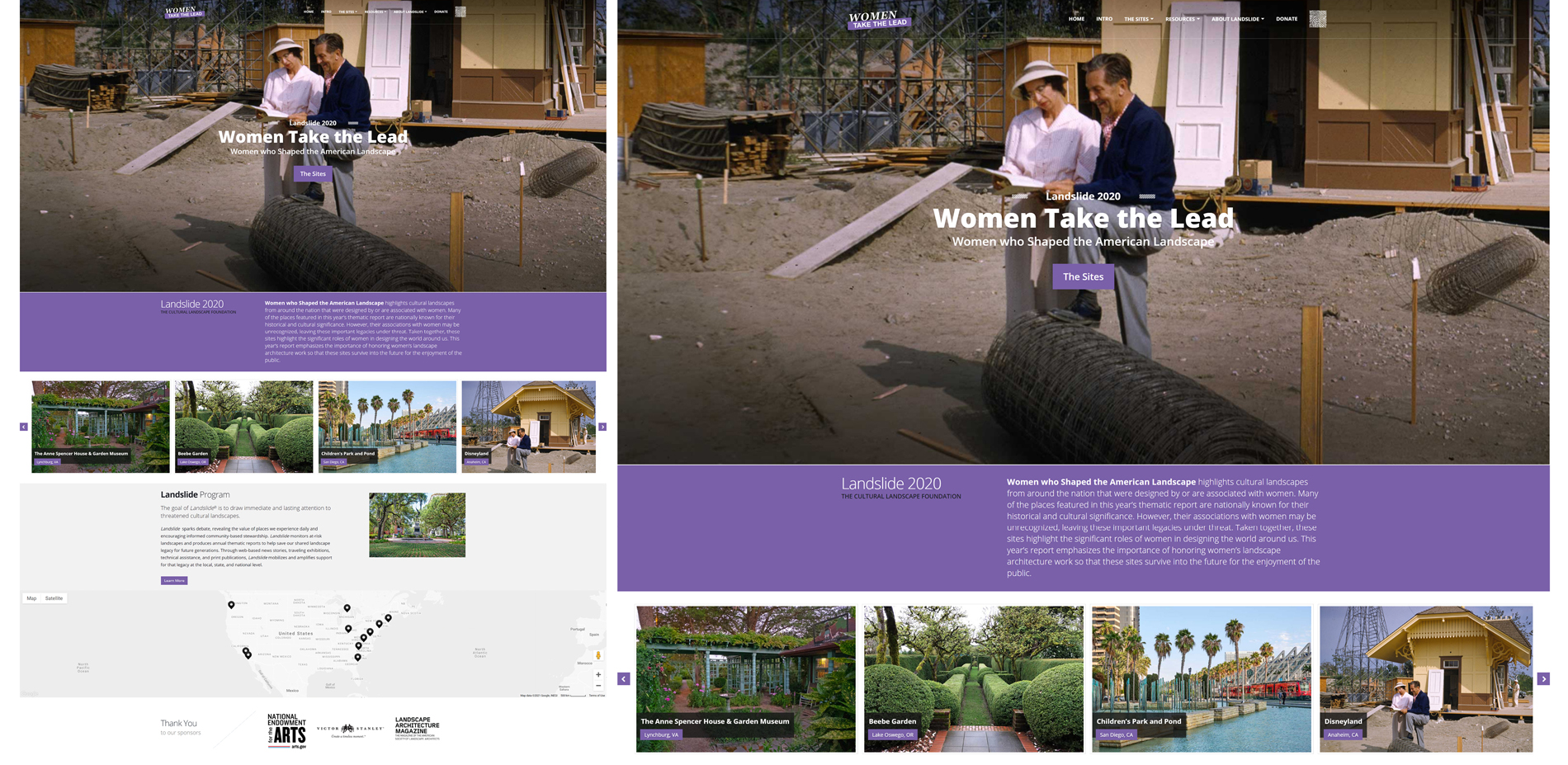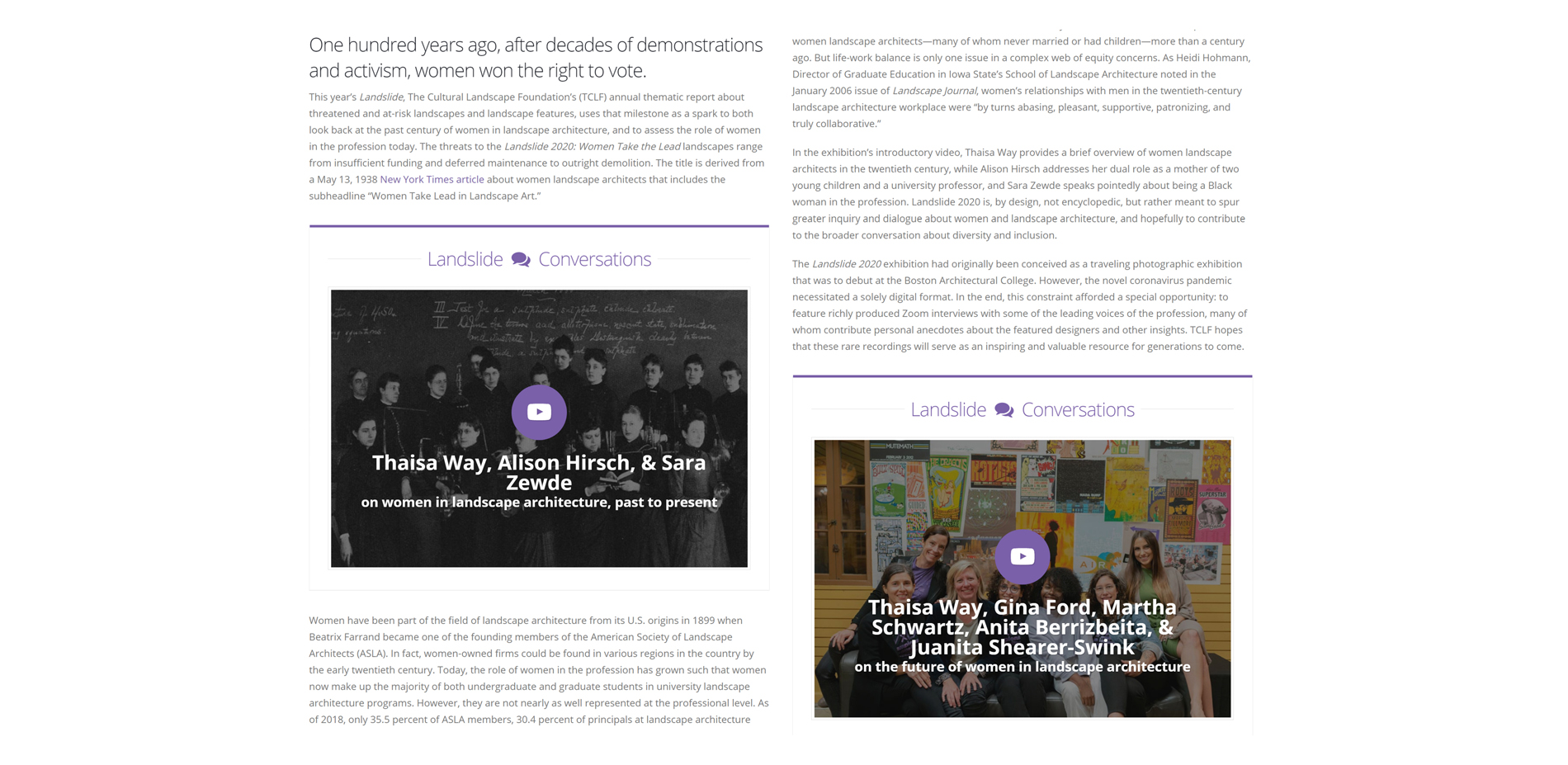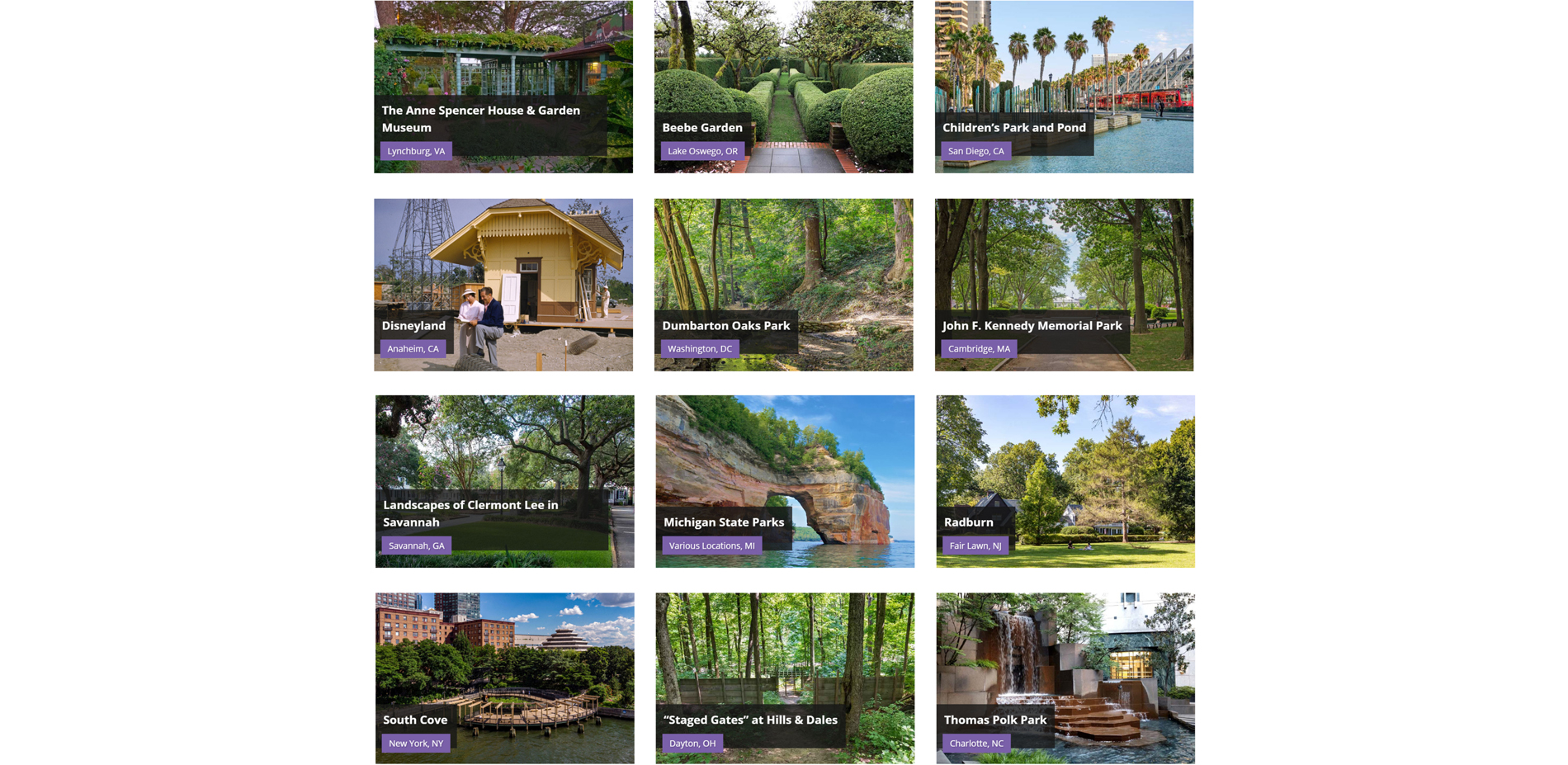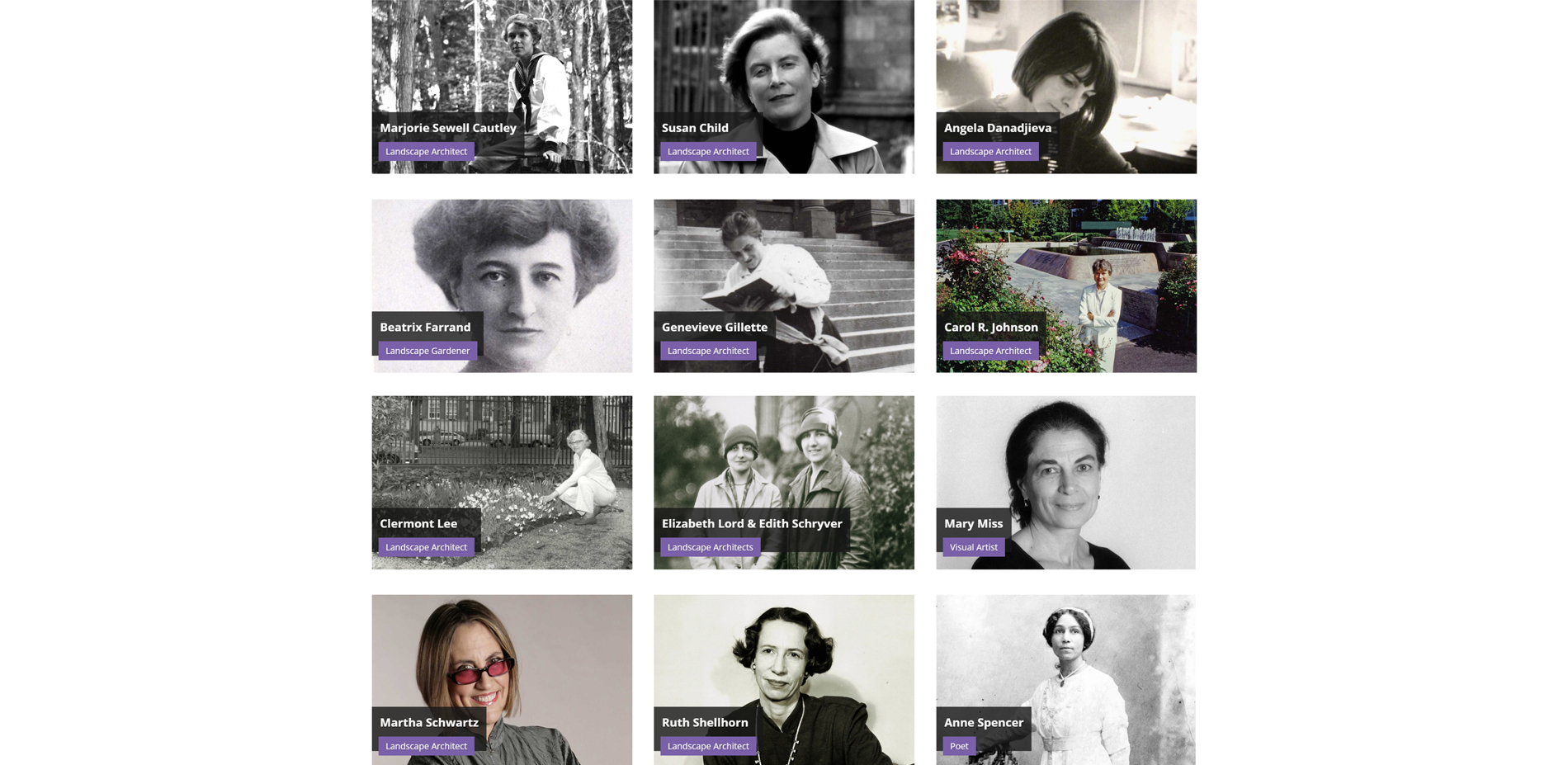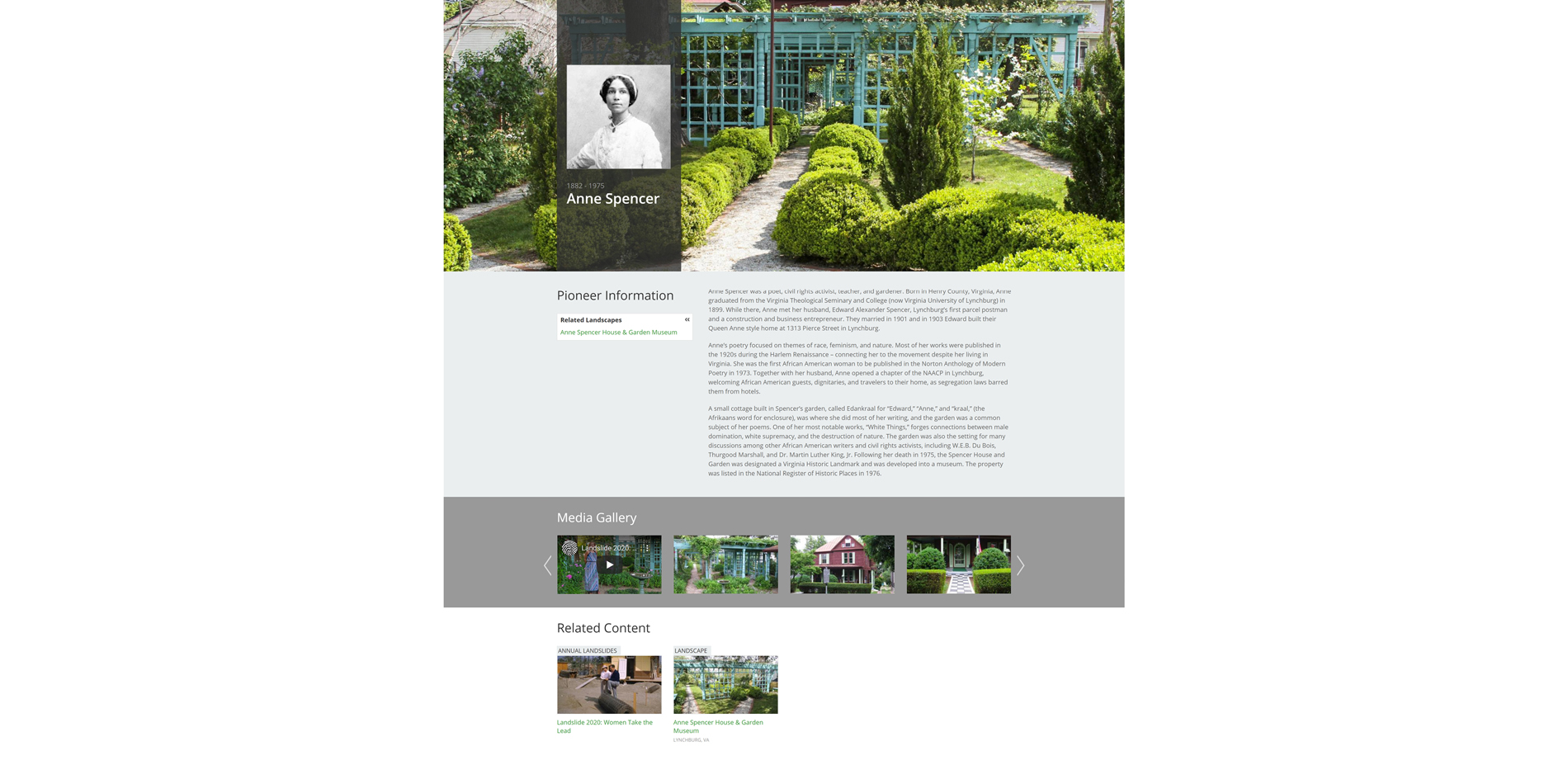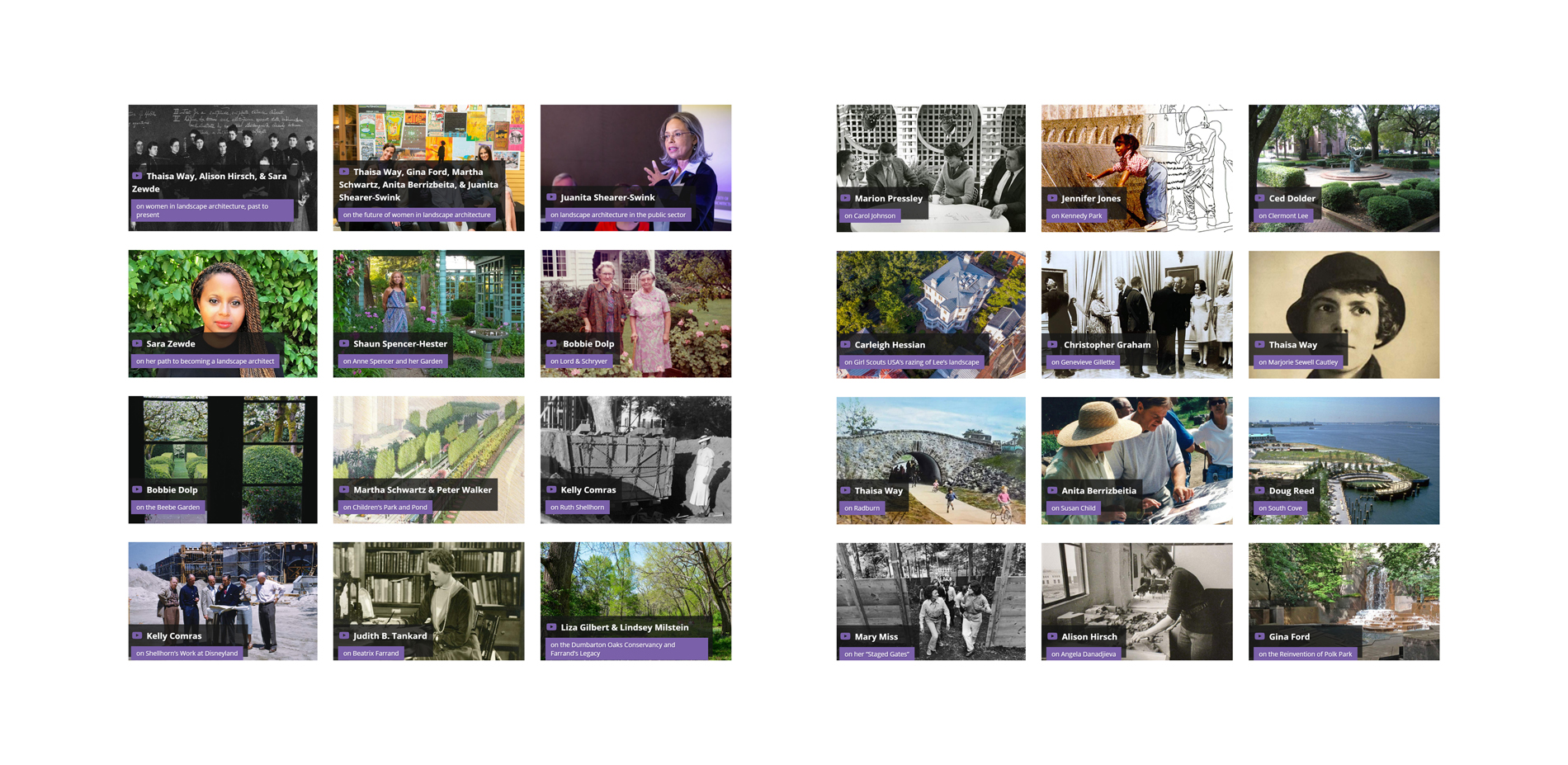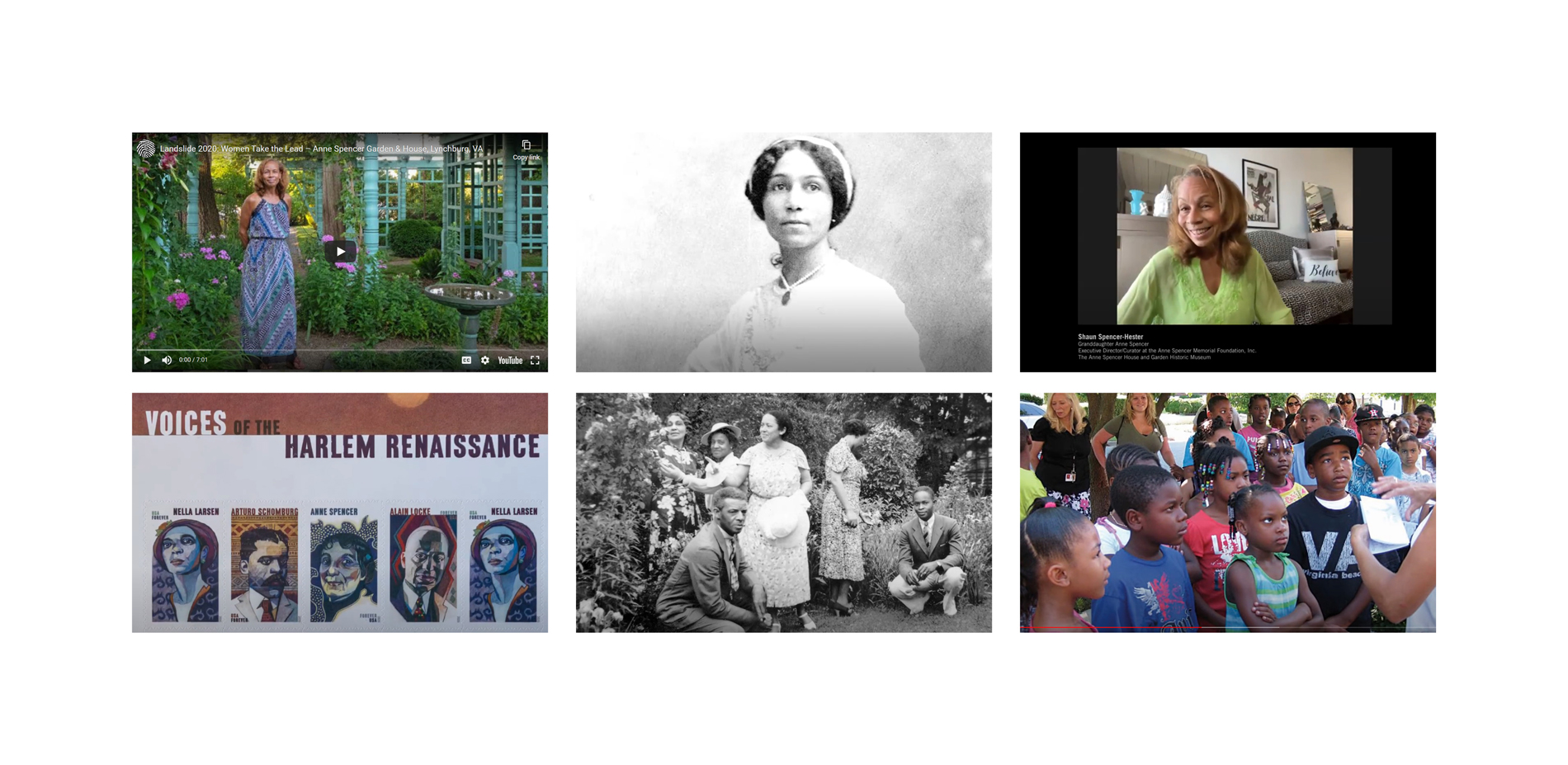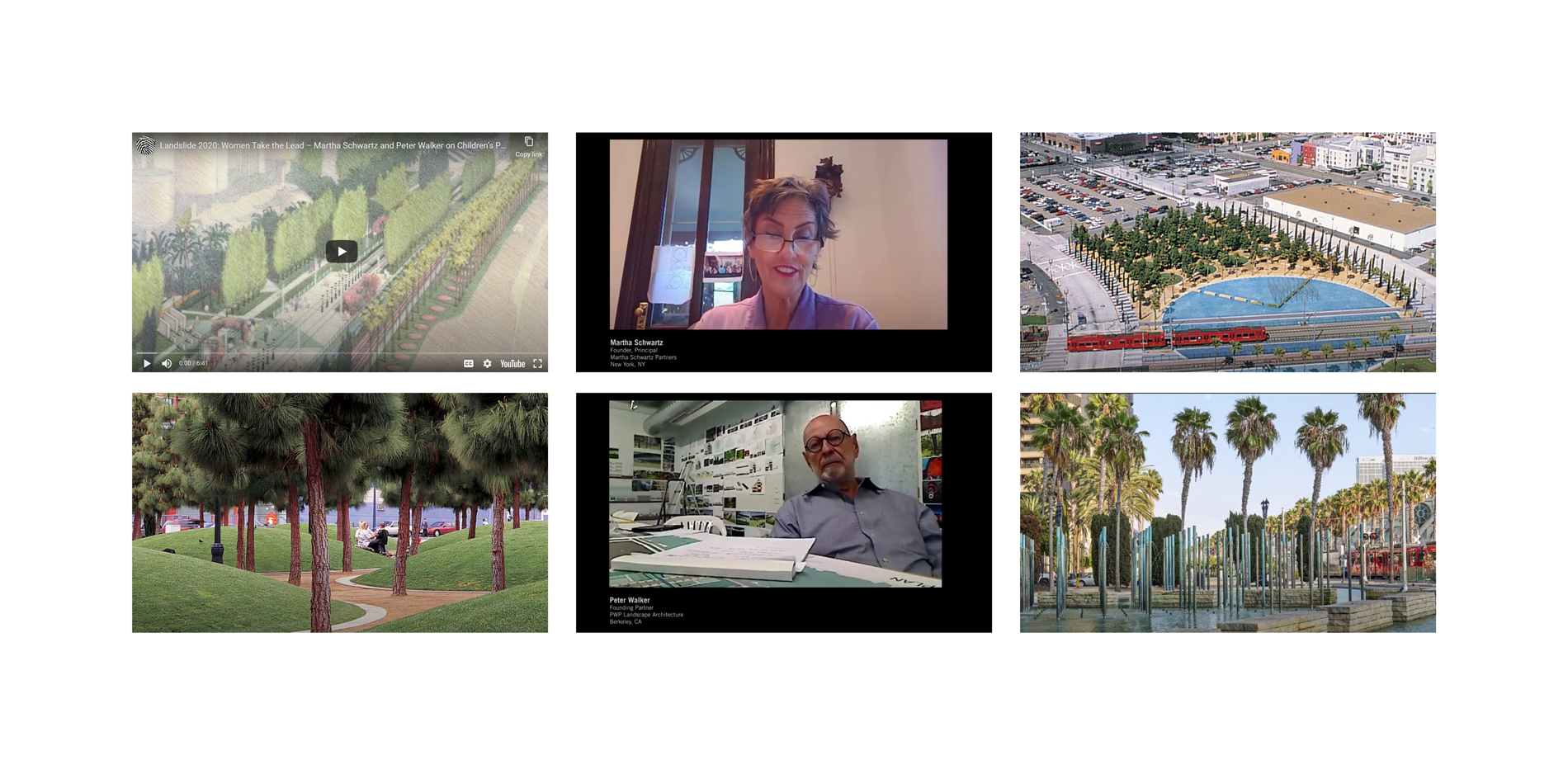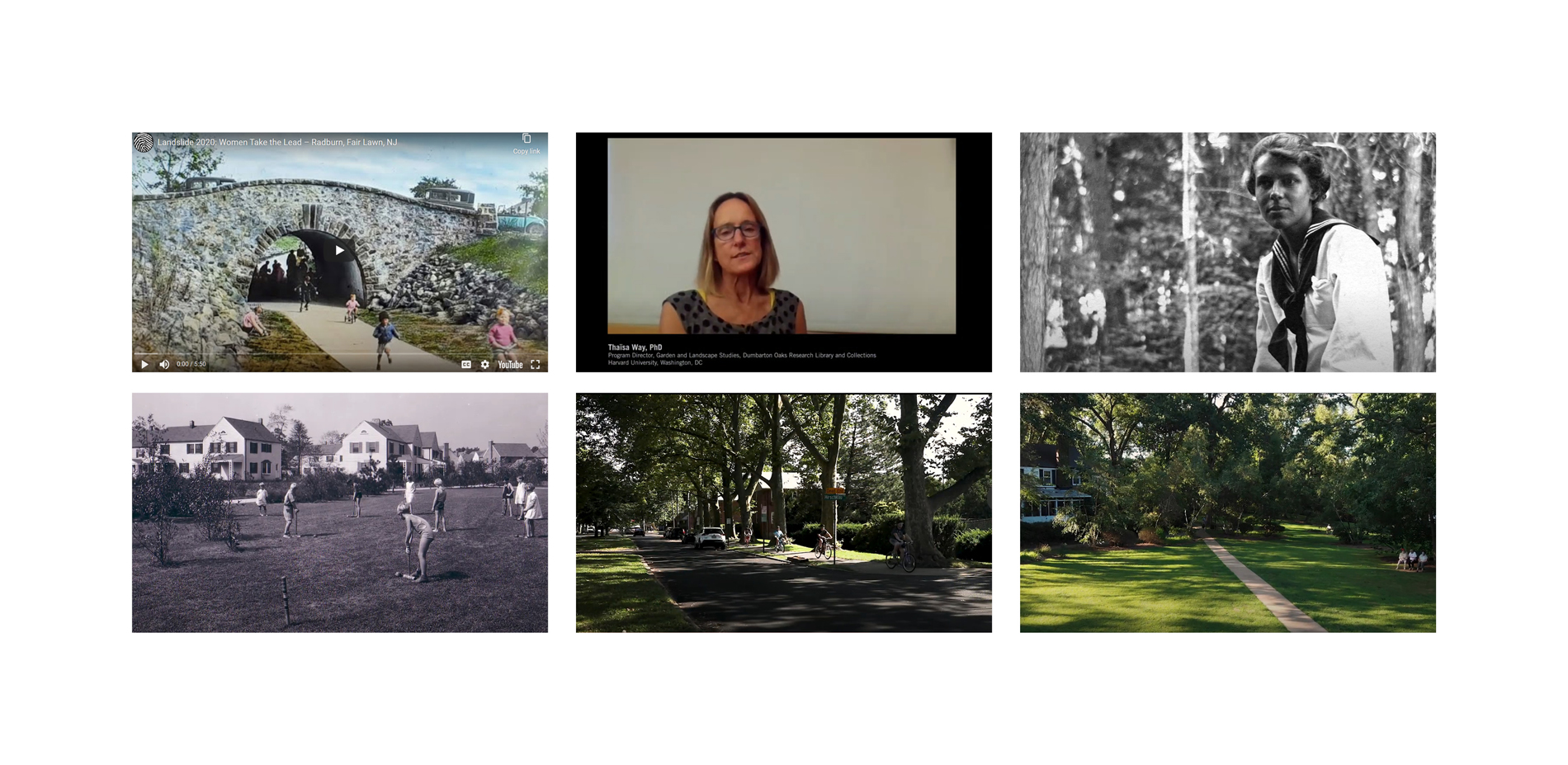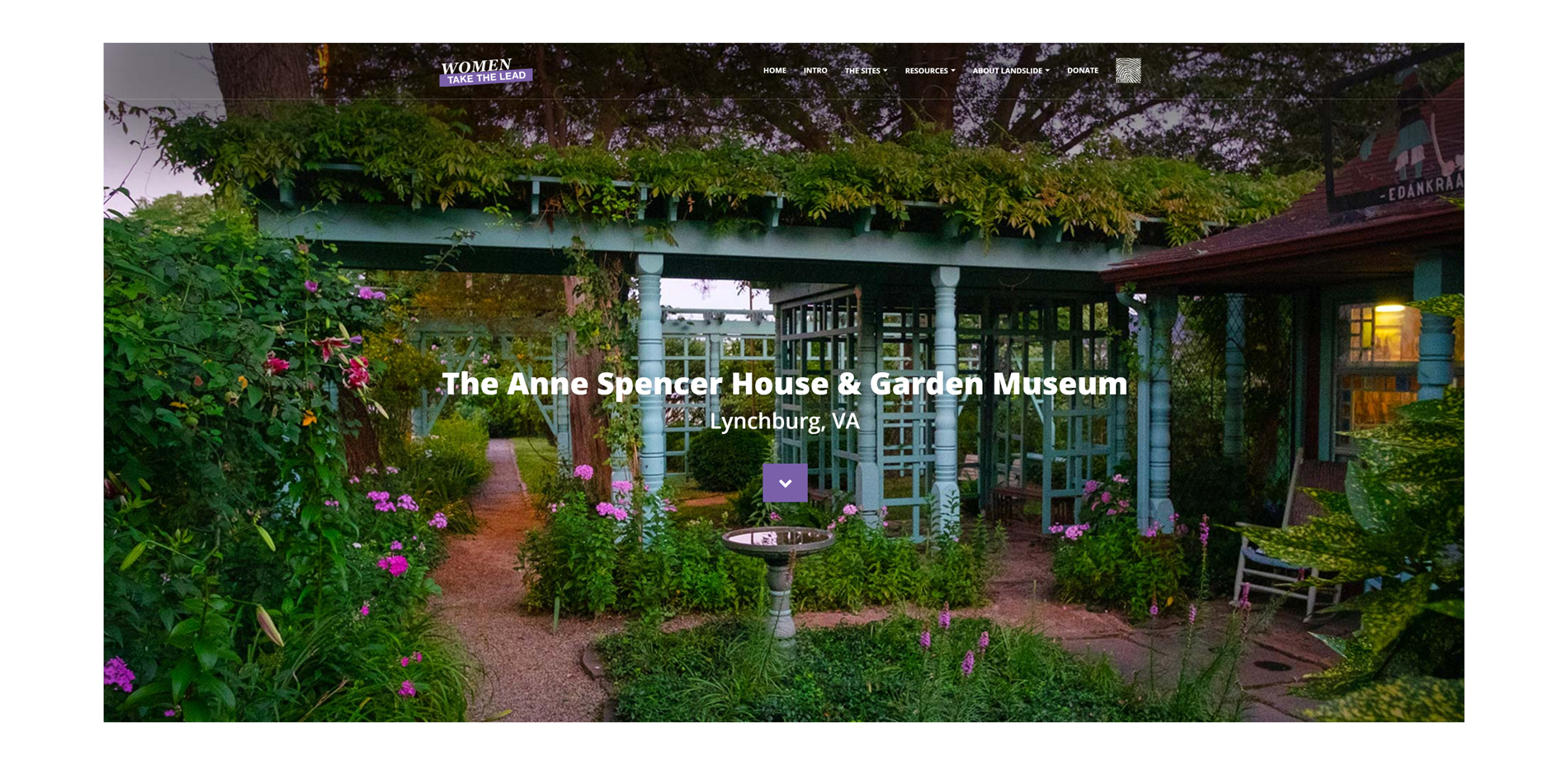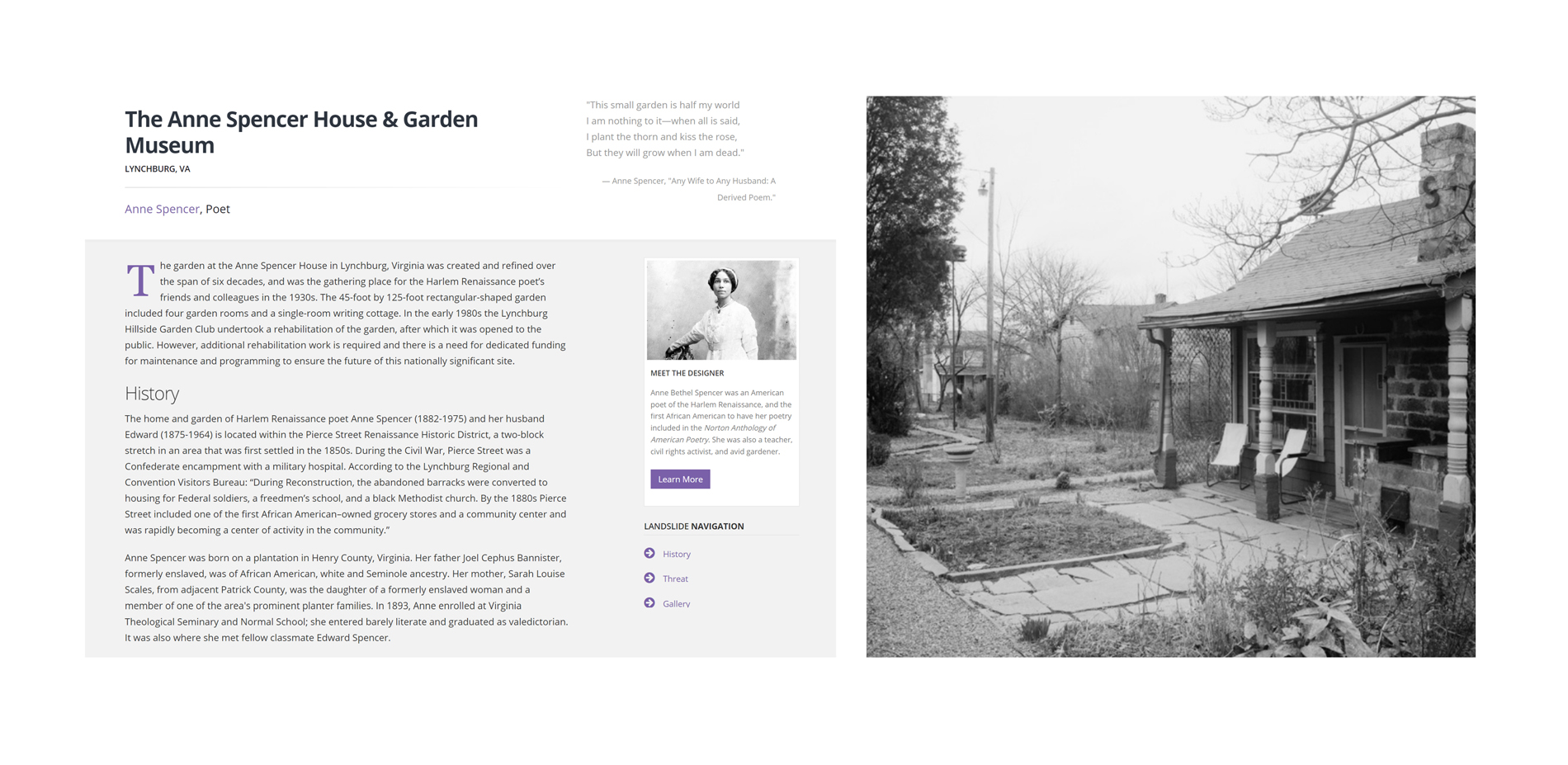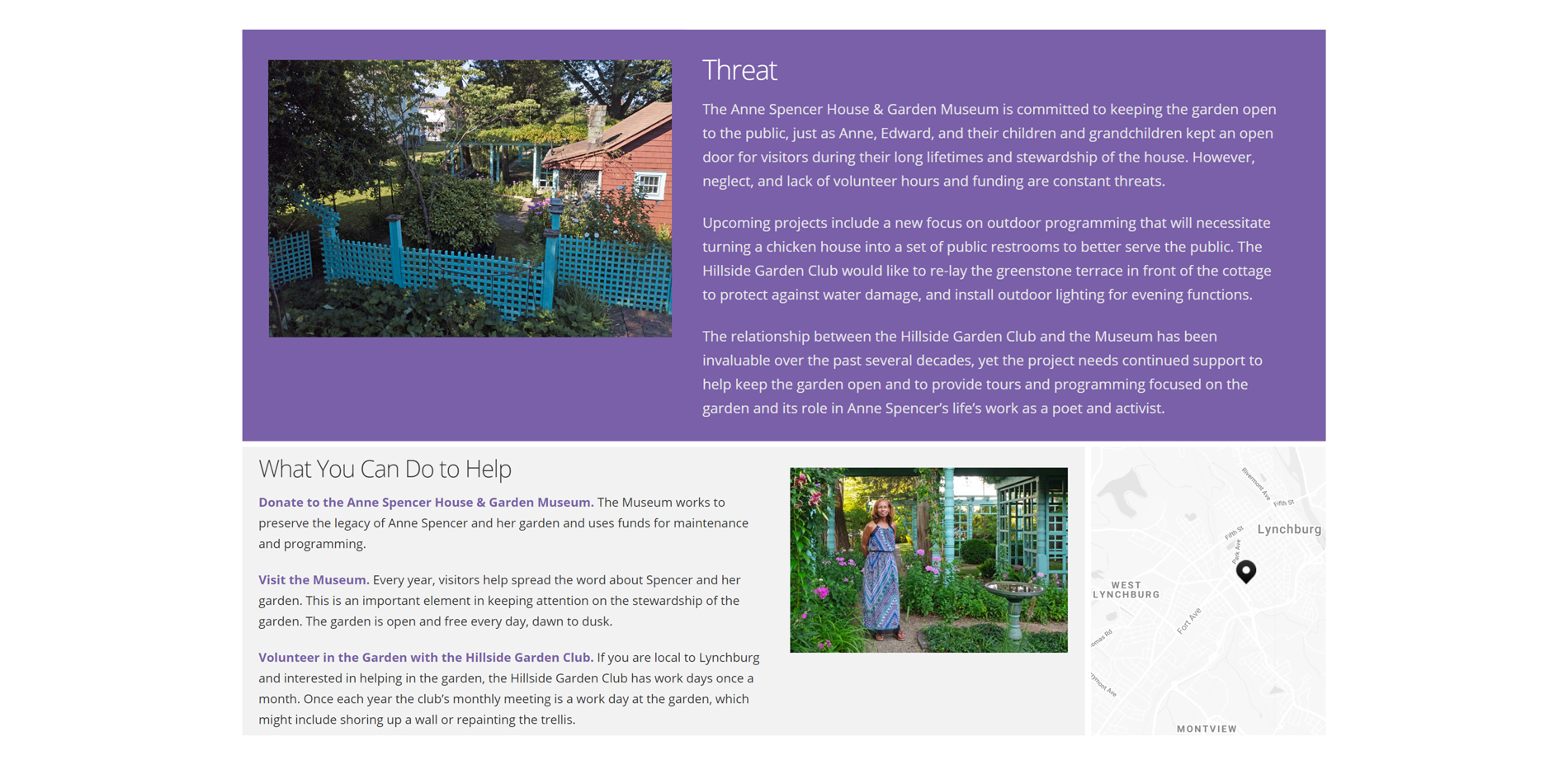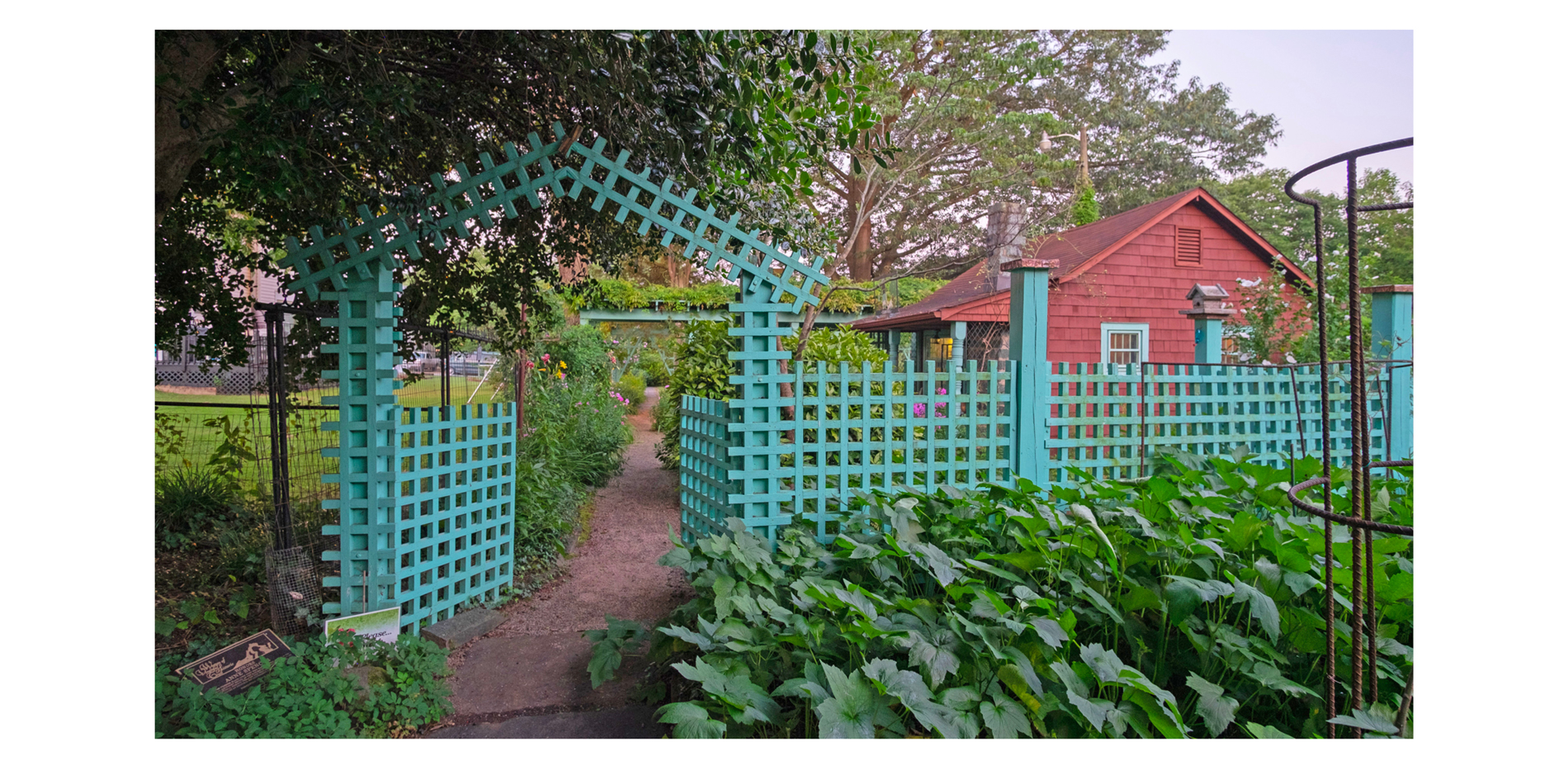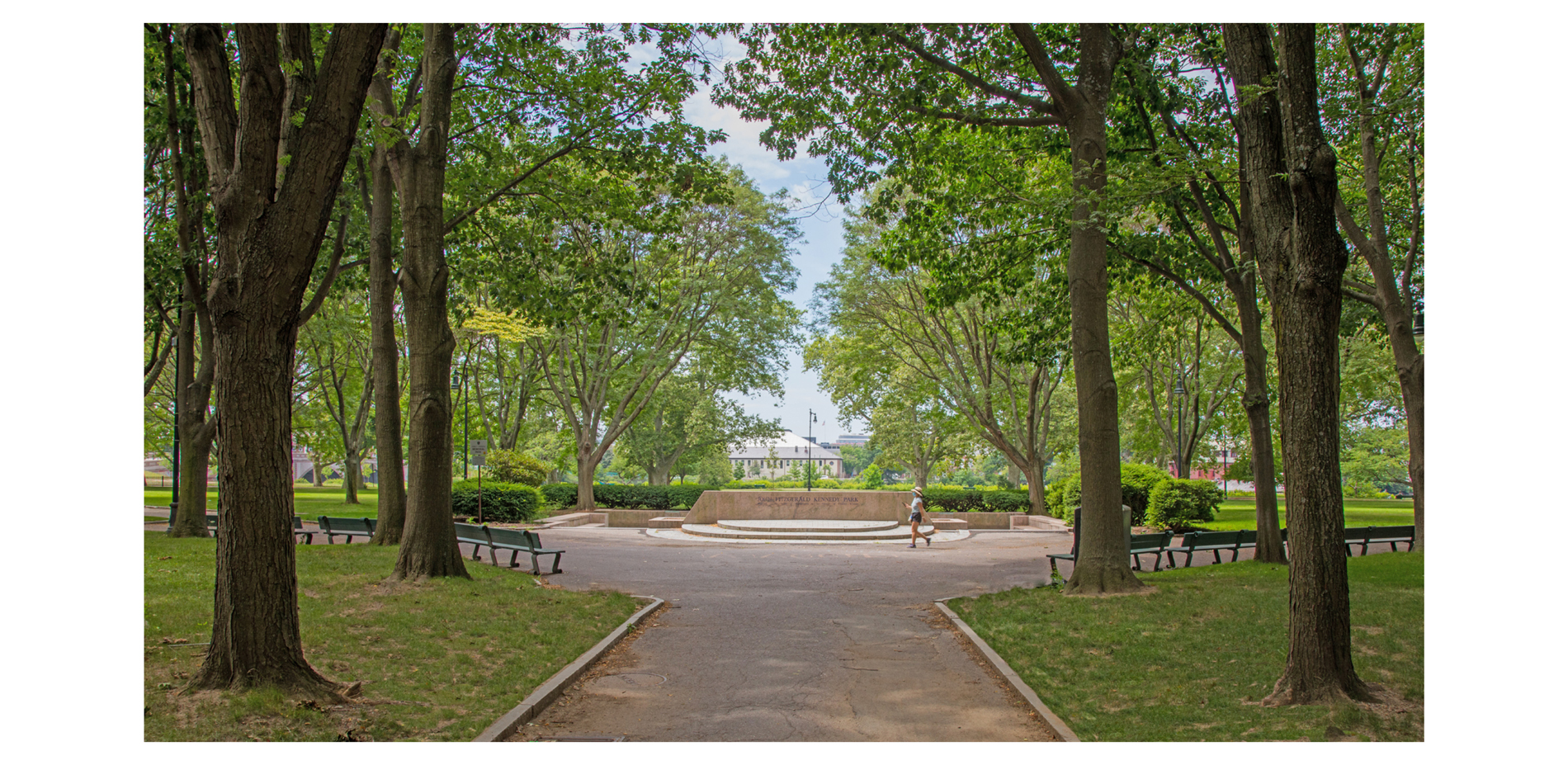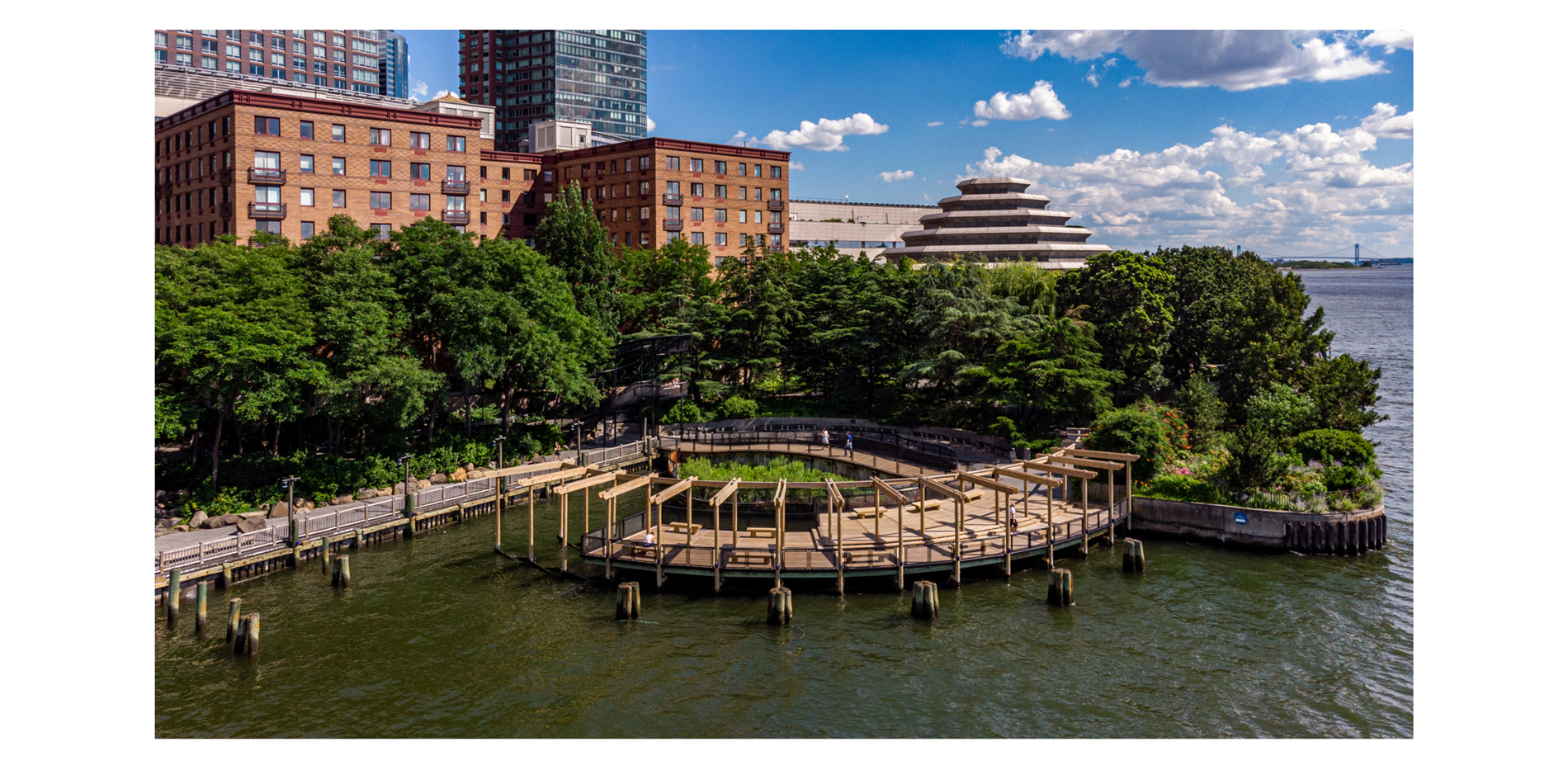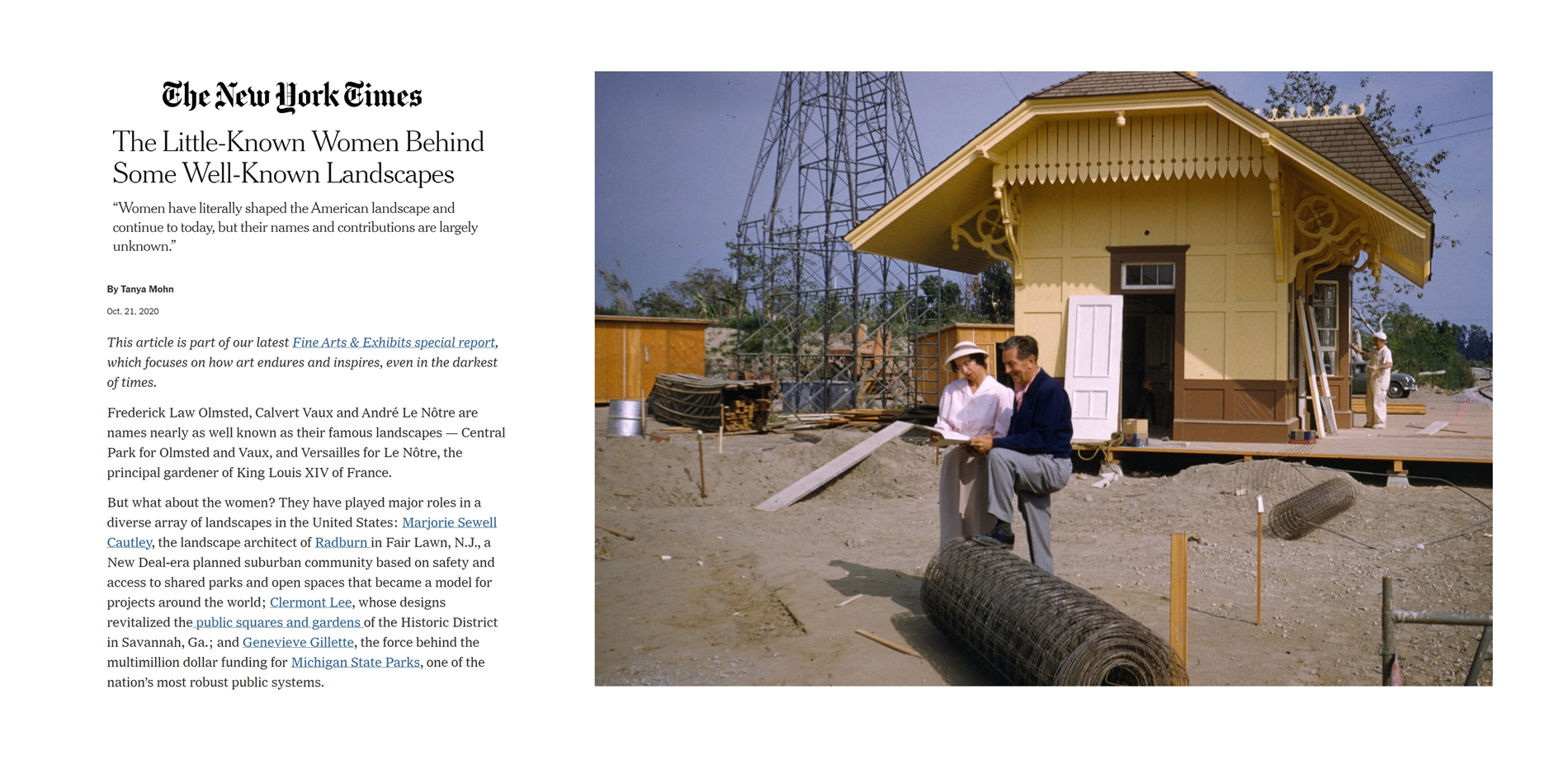Landslide 2020: Women Take the Lead
Honor Award
Communications
Multiple sites, United States
The Cultural Landscape Foundation
The global coronavirus pandemic has upended millions of lives as well as some of the best-laid plans for 2020, including for a traveling exhibition aimed at celebrating various women landscape architects and their work. Recognizing the potential for the scholarship generated by this exhibition to retain its impact, the exhibition’s organizers pivoted to an online format that allows longevity beyond the constraints of temporal engagements or gallery walls. The presentation features a mix of media—videos, interviews, and a wealth of new photography—that elevates the subjects, including several threatened sites, beyond static text or installations into a dynamic resource for scholars, practitioners, and curious members of the general public.
- 2021 Awards Jury
Project Credits
Charles A. Birnbaum, FASLA, FAAR, President & CEO, The Cultural Landscape Foundation
Scott Craver, Ph. D., FAAR, Editorial Director, The Cultural Landscape Foundation
Justin Clevenger, Associate, The Cultural Landscape Foundation
Nord Wennerstrom, Director of Communications, The Cultural Landscape Foundation
Barrett Doherty, ASLA, Videographer (shooting and editing)
Dena Tasse-Winter, Editorial Consultant
Mark Oviatt, Website Design
Barrett Doherty, ASLA, Photographer
Millicent Harvey, Photographer
David Lepage, Photographer
Jay Raney, Photographer
E. G. Daves Rossell, Photographer
Allen Russ, Photographer
Andy Snow, Photographer
Alan Ward, FASLA, Photographer
Project Statement
Landslide 2020: Women Take the Lead, created within the umbrella of The Cultural Landscape Foundation’s (TCLF) award-winning education and advocacy program Landslide, is a dedicated, richly-illustrated website focused on at-risk landscapes created by women landscape architects and/or associated with prominent women. It was timed to the centennial of the passage of the Nineteenth Amendment to the U.S. Constitution, which guaranteed women the right to vote. The website includes an introduction, an illustrated history of each site, an illustrated biography of each designer, the threats posed to them, and ways for people to get involved. A corresponding traveling photographic exhibition was derailed by the novel coronavirus pandemic. In its place, TCLF created an online exhibition featuring contemporary and newly-commissioned photography, and also produced more than twenty richly illustrated four- to eight-minute video interviews, Landslide Conversations (http://bit.ly/38APolr), with landscape architects, historians, designers and others associated with the sites. There are also introductory and concluding (http://bit.ly/3rTB7Yo) interviews with practitioners who address present-day issues and challenges women uniquely face in pursuing a career in landscape architecture.
Project Narrative
Purpose: The goal of Landslide® is to draw immediate and lasting attention to threatened cultural landscapes. Landslide, one of the four major programs of The Cultural Landscape Foundation (TCLF), sparks debate, revealing the value of places we experience daily and encouraging informed community-based stewardship. Landslide monitors at-risk landscapes and produces annual thematic reports such as Landslide 2020: Women Take the Lead to help save our shared landscape legacy for future generations. Through web-based news stories, traveling exhibitions, technical assistance, online lectures, and print publications, Landslide mobilizes and amplifies support for that legacy at the local, state, and national level.
Landslide 2020 highlights cultural landscapes from around the nation that were designed by or are associated with women. Many of the places featured in this year’s thematic report are nationally known for their historical and cultural significance. However, their associations with women may be unrecognized, leaving these important legacies under threat. Taken together, these sites highlight the significant role of women in designing and stewarding our shared built environment. Landslide 2020 emphasizes the importance of honoring women’s landscape architecture so that these sites survive into the future for the enjoyment of the public while also inspiring women today about the possibilities of a career in the profession.
TCLF had planned to create a traveling photographic exhibition as part of Landslide 2020, which was slated to debut at the Boston Architectural College then travelling to the National Building Museum. However, the onset of the novel coronavirus, which led to the museum closures upended those plans. TCLF pivoted and created an extensive online exhibition. Celebrated photographers provided newly-commission photography (pro bono) and videography to supplement contemporary and archival images that accompanied detailed site histories and its associated designers. In addition, over the space of five weeks we conducted 25 hour-long interviews over Zoom that were edited down four- to eight-minute richly-illustrated videos, Landslide Conversations (http://bit.ly/38APolr), with landscape architects, historians and other experts. There are also introductory and concluding (http://bit.ly/3rTB7Yo) interviews with practitioners who address present-day issues and the unique challenges women practitioners face.
Audience: Landscape architects, landscape architecture students, landscape historians, women’s history studies, urban studies, ecologists, stewards of the sites, African-American studies and the general public.
Messages: Landslide 2020 focused on the role of women in the landscape architecture profession historically and today, the variety of their accomplishments and the fragility of their legacies. Many of the places featured in Landslide 2020 are nationally known for their historical and cultural significance. However, their associations with women may be unrecognized, leaving these important legacies under threat. For example, do people in Savannah, GA, know that Clermont Lee, the first woman licensed landscape architect in Georgia, and the first licensed landscape architect, male or female, in the City of Savannah, is largely responsible for protecting the city’s celebrated squares from irreparable damage from road construction? And do they also know Lee was the landscape architect for the birthplace of Girl Scouts USA founder Juliette Gordon Low in Savannah. Sadly, last year the Girl Scouts demolished their Lee-designed landscape to create a revenue-generating event space.
Landscape architect Marjorie Sewell Cautley’s socially conscious design for the community of Radburn, NJ, was based on her shared “lived experiences” with those she served, as noted in a Landslide Conversation with historian Thaisa Way (https://bit.ly/3tcCSjJ). Cautley walked in the same shoes as the people she designed for, says Way. Another featured practitioner, Genevieve Gillette, volunteered more than 100,000 hours during her life to protect Michigan’s best natural features for public enjoyment. Meanwhile, the Harlem Renaissance poet Anne Spencer and her husband created an idyll in Lynchburg, VA, that evolved from a vegetable garden to a welcoming place for writers, poets, and other Harlem Renaissance artists as noted in the Landslide Conversation with her granddaughter Shaun Spencer-Hester (https://bit.ly/38Ak71R). The recently deceased Carol Johnson built a global practice, says former firm partner Marion Pressley in a Landslide Conversation (https://bit.ly/3tinDWJ). Despite her import and impact, some of Johnson’s seminal projects are at risk of a quiet death. Taken together, these sites highlight the significant roles of women in designing the built environment around us from municipal parks and plazas to public housing and public gardens. Landslide 2020 emphasizes the importance of honoring women’s contributions to the discipline as designers, influencers and thought leaders, so that these sites survive into the future for the enjoyment of the public -- and as inspiration for future designers.
Women have been part of the field of landscape architecture from its U.S. origins in 1899 when Beatrix Farrand became the only woman founding member of the American Society of Landscape Architects (ASLA). In fact, women-owned firms could be found in various regions in the country by the early twentieth century. Today, the role of women in the profession has grown such that women now make up the majority of both undergraduate and graduate students in university landscape architecture programs. However, they are not nearly as well represented at the professional level. As of 2018, only 35.5 percent of ASLA members, 30.4 percent are firm principals, and 20.2 percent of ASLA Fellows were women. In addition, as Sara Zewde tells us in a Landslide Conversation (https://bit.ly/3rFV5WA), women of color represent a mere .02% of the discipline today.
The twelve Landslide 2020 sites are representative of this much larger issue. While Landslide 2020 coincided with the centennial of the passage of the nineteenth amendment to the Constitution, it also appeared as nationwide social upheaval highlighted and addressed long-standing injustices and disparities. Within the profession, inclusion and equity for Black, indigenous, and people of color continue to be significant issues. Studies of roadblocks for women in the profession over the past four decades have consistently pointed to the incompatibility between this career and family life, an issue addressed in the Landslide Conversations with Juanita Swink (https://bit.ly/3bDflmf), Martha Schwartz (https://bit.ly/3leq7lZ) and Alison Hirsch (https://bit.ly/3qGAlga). There are themes that certainly would have resonated with professional women landscape architects—many of whom never married or had children. But life-work balance is only one issue in a complex web of equity concerns. In a Landslide Conversation about the future of women in the profession Gina Ford says (https://bit.ly/3vhRrV0) increasing the presence of women is not just an ethical issue, it’s a business proposition; not doing so puts the profession at risk of irrelevance. “What we’re losing,” Ford says, “is excellence” and “talent … this is a professional crisis.”
Impact & effectiveness: Landslide 2020 was the focus of a sustained, comprehensive strategic media campaign implemented across traditional and social media at international, national, regional and local levels, through its sponsors, and through its media partners. And, despite a global pandemic and a fractious presidential election, both of which dominated news coverage, whether national, regional or local, TCLF was able to secure key placements in consumer general interest and specialty media. Landslide 2020 was the subject of a full-page feature article in the New York Times Fine Arts & Exhibits Special Report, which was syndicated to other newspapers nationally, and a twelve-page spread in the November 2020 issue of Landscape Architecture magazine. Additional coverage appeared in more than two dozen local and regional media in connection with specific sites, such as the features in the Lynchburg News Advance about the home and garden of Harlem Renaissance poet Anne Spencer in Lynchburg, VA, and Tribeca Citizen about South Cove by landscape architect Susan Child in Battery Park City, NY. There was also coverage in international and national specialty media including ArchDaily, The Architect’s Newspaper, World Architects, ArtDaily, The Art Newspaper, and others. Landslide 2020 continues to be cited in press coverage and social media.
Distribution: A comprehensive, sustained strategic media strategy (see impact & effectiveness), inclusion in bi-weekly e-newsletters and dedicated e-blasts that reach more than 31,000 recipients, TCLF’s YouTube channel, Landscape Architecture Magazine ad, and more.
